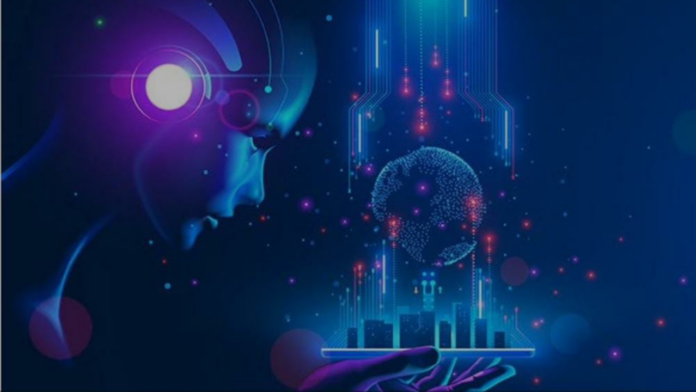In an era dominated by the “AI or else” mantra, the impact of technological advancements unfolds in unexpected ways. The surge in AI implementation not only disrupts conventional job roles but also exposes a profound techno-ignorance among employers.
Online freelance platforms like Fiverr and Upwork face a purge of roles, prompting questions about the viability of AI in replacing certain job functions. The meticulous environment of Upwork is now grappling with the ironic AI assertion that “We don’t need writers,” leading to a market backlash against AI-generated advertising content.
The casualties of the AI revolution extend to customer service, where employers replace human interactions with chatbots and automation for cost-cutting measures. However, the techno-ignorance becomes evident when the limitations of AI in providing nuanced and personalized responses frustrate and dissatisfy customers.
The impact of AI infiltrates the realm of advertising as well. The rise of AI-generated ad copy raises concerns about authenticity and effectiveness. The hidden cost of relying on AI for advertising is the loss of identity, as businesses end up with generic messaging that fails to resonate with consumers.
In the race to embrace AI for cost savings, employers may unwittingly sacrifice the essence of human creativity and connection. The techno-ignorance displayed in replacing human roles with AI solutions raises concerns about the long-term viability and sustainability of such decisions.
As businesses navigate the uncharted waters of AI integration, the true challenge lies in finding a balance that harnesses the efficiency of AI without compromising the essence of human creativity and connection. Are we witnessing the dawn of an era where the cost of AI may outweigh its perceived benefits in the pursuit of a more streamlined workforce?


